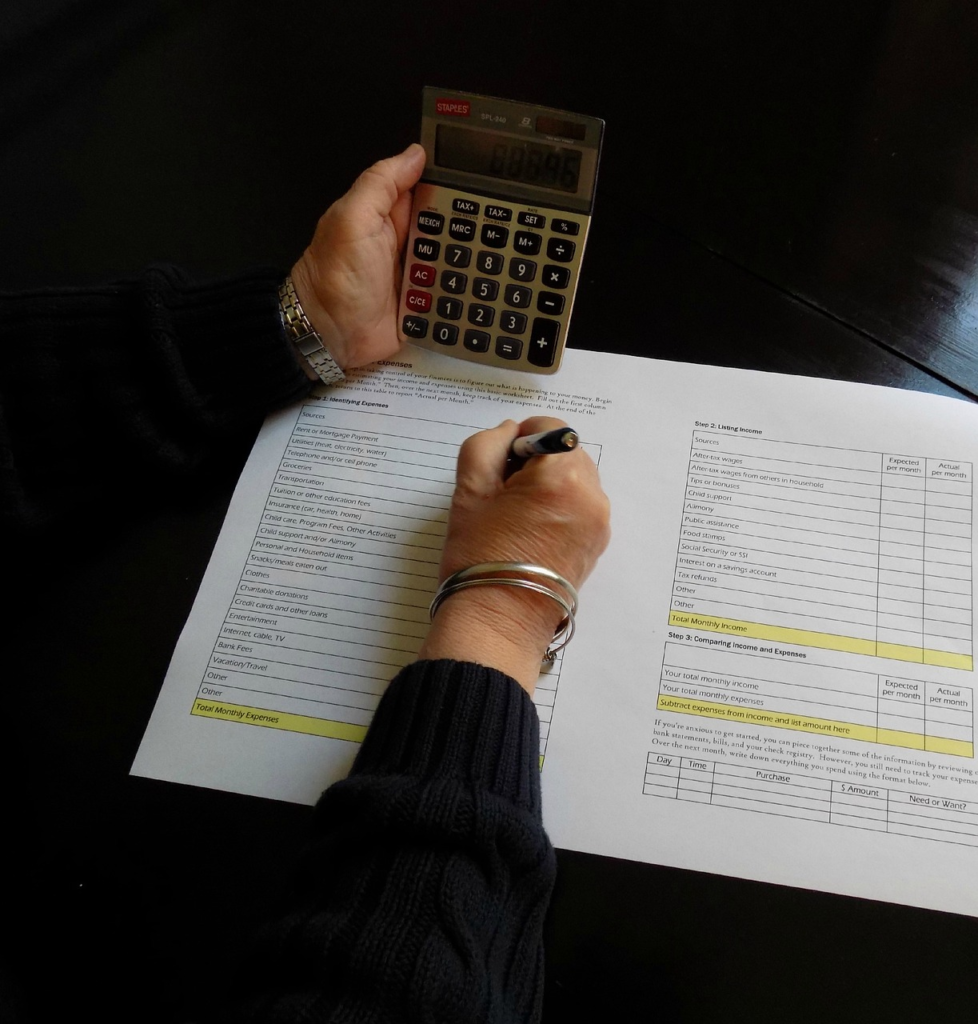Managing your money well is one of the most important steps to building a secure financial future. Budgeting and smart money management help you make the most of your monthly income, stay on top of your expenses, and achieve your financial goals without unnecessary stress.
In this blog, we will explore the importance of budgeting, the key principles of money management, and strategies to make the most out of your monthly income.
Why Budgeting is Important
A budget is simply a plan for how you’re going to spend your money each month. It helps you ensure that you’re using your money wisely and that you’re prepared for both everyday expenses and future financial goals. A well-thought-out budget can:
- Give you control: You know exactly where your money is going.
- Help you save more: It’s easier to spot where you can cut back and save.
- Reduce financial stress: When you plan your spending, you’ll feel more in control and less anxious about money.
How to Create a Simple Budget
Creating a budget is easy if you follow a few simple steps:
Step 1: Calculate your monthly income
Start by figuring out exactly how much money you have coming in every month. This includes your salary and any other sources of income like side jobs or freelance work.

Step 2: List your expenses
Make a list of all your expenses, breaking them into categories:
- Fixed expenses: These are regular payments like rent, utilities, and insurance.
- Variable expenses: These include things like groceries, transportation, and entertainment, which may change from month to month.
- Savings and investments: This includes what you set aside for emergencies, retirement, and future goals.
Step 3: Set financial goals
Think about what you want to achieve financially, both in the short-term and long-term. Do you want to build an emergency fund, save for a new car, or plan for retirement? Be specific about your goals and how much you’ll need to save to reach them.
Step 4: Track your spending
Once your budget is set, start tracking your actual spending each month. This will help you see if you’re sticking to your plan or if adjustments need to be made. You can use a simple notebook, an app, or a spreadsheet to track your spending.
Principles of Good Money Management
Effective money management is more than just budgeting—it’s about making smart choices with your money. Here are some simple tips:
Save First
Before spending on non-essential items, make sure to put money into savings. This ensures you’re always building up your emergency fund or saving for big goals like buying a home or retiring.
Manage Debt
Try to avoid high-interest debt, like credit card balances. If you have debts, focus on paying off the ones with the highest interest rates first to save money in the long run.
Build an Emergency Fund
An emergency fund is a savings account for unexpected expenses like medical bills or car repairs. Aim to save enough to cover 3 to 6 months of living expenses so you’re prepared for anything that comes your way.
Diversify Your Income
Relying on just one source of income can be risky. Consider ways to earn extra money, whether through a part-time job, freelance work, or investments. Having multiple sources of income can make you more financially secure.
How to Make the Most of Your Monthly Income
Once your budget is in place and you’re managing your money well, it’s time to think about how you can maximize your income:
Cut Unnecessary Spending
Review your spending habits and see where you can cut back. Small changes, like eating out less often or canceling subscriptions you don’t use, can save you money over time.

Automate Your Finances
Set up automatic transfers to your savings or investment accounts each month. This way, you’re saving and investing consistently without having to think about it.
Take Advantage of Tax Savings
Look into tax deductions and credits that might apply to you. Contributing to retirement accounts or health savings accounts (HSAs) can help reduce your taxable income and save you money.
Invest in Yourself
One of the best ways to increase your income is by investing in yourself. This could mean taking courses to improve your skills or earning certifications that can lead to a higher salary or better job opportunities.
Review and Adjust Your Budget Regularly
Your financial situation may change over time, so it’s important to review your budget regularly. Maybe you’ve received a raise, or your expenses have gone up—whatever the case, make sure to adjust your budget accordingly so it stays relevant to your needs.
Keep track of your progress toward your financial goals and be flexible with your plan if things change.
Summary
Budgeting and money management are essential to making the most of your monthly income. By following a simple budget, managing your money wisely, and reviewing your finances regularly, you can achieve your financial goals and build a secure future. The key is to stay disciplined, be mindful of your spending, and keep refining your approach as your life and financial situation evolve.
With a little planning and effort, you can take control of your finances and enjoy peace of mind knowing that you’re on track for financial success.






